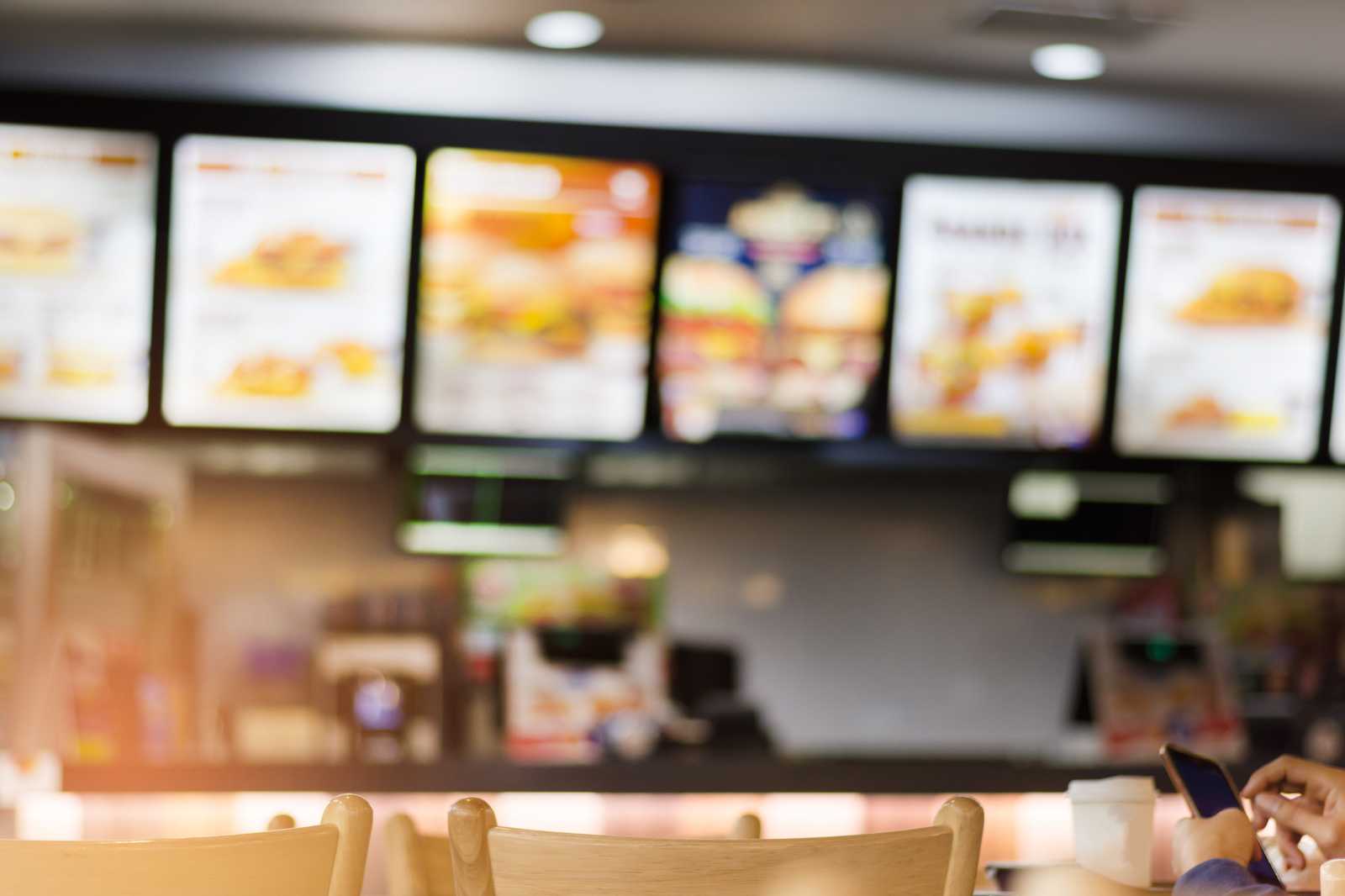Why is the Facilities Management Sector Growing? - mpro5
In recent years, the facilities management sector has experienced significant growth. In this piece, our team of experts explains why. Read on for...
3 min read
 Sam Roberts
Jun 12, 2024 2:48:15 PM
Sam Roberts
Jun 12, 2024 2:48:15 PM

The food service industry has been revolutionized in recent years thanks to facilities management software like ours. Read on to find out how exactly.
It’s easy to forget that technology has transformed the food industry so drastically in just a few years. We expect food service to be seamless, personalized and even faster than before.
But this agility in operations has also come at a time when the cost pressures have never been greater. The industry is expected to deliver far more with fewer resources. Digitalization is not just about the customer experience: there are opportunities to transform behind-the-scenes operations with the right software.
Food service providers face several unique industry challenges. The primary one is of course compliance and food safety – mistakes can be disastrous for a business’s reputation and a serious health risk for customers.
Crucially, there is also a perception challenge – a significant drop in quality or expectations can be just as corrosive for a brand. Whether it’s a poorly cooked meal in a restaurant or a supply chain issue resulting in poor catering, a PR nightmare is always around the corner.
When combined with staff shortages and cost pressures, this can be a recipe for disaster.
So, how can FM software help overcome these challenges?
FM software provides a solution to the complex task of remaining compliant and delivering a service that meets brand expectations. By tracking processes and collecting data on each one, FM software helps to manage risks and identify problem areas. This ensures that food companies not only meet but exceed food safety requirements, maintaining high standards of cleanliness, safety and quality.
For example, mpro5 has been used by Chartwells to carry out Food Quality Audits on-site without the central office personally visiting every school. This crucial data is instantly surfaced in a dynamic dashboard, allowing managers and head-office personnel to effortlessly track compliance with just a simple press of a button.
Adopting digital technologies is now a major factor in the success of a business’ supply chain. Geopolitical instability, sustainability, climate disruption and the surge in the price of raw materials mean that supply chains need to be resilient, agile and digital.
Of course, the second component of this challenge is inventory management, which has unique challenges for those in the food industry. FM software can be used to simplify the process of stock taking, compliance checks, dates and availability. By collecting this data and uploading it to the cloud, it is far easier to start joining up systems for supply chain management and inventory management for improved efficiency, water-tight compliance and greater efficiency.
Furthermore, FM software streamlines supply chain operations, leading to improved cost efficiencies and reduced waste. It allows food companies to operate with the utmost efficiency, ensuring a steady supply of fresh ingredients while minimizing waste.
One significant shift in the food industry is moving from reactive maintenance to proactive or preventative maintenance. It is critical that asset maintenance happens quickly and efficiently to reduce downtime that can lead to lost sales or food waste.
FM software enables food companies to monitor asset health, schedule maintenance routines, and organize equipment upkeep. Automation can also be used to call out maintenance teams quickly or alert managers when an asset is at risk of failing.
Using Big Data to make informed strategic decisions is critical to gaining a competitive advantage in the food industry. By digitalizing operations with FM software, supply chain analysis and other data streams, businesses can gain powerful insights into their pain points and spot opportunities to work better.
To make the most of your data, it’s important to ensure your software architecture is well integrated, that data is visible and digestible through the use of data visualization, and that you have fast and effective ways to collect data on the job, for example by using a mobile application.
By using data-driven decision-making, companies can save costs, boost efficiencies, and stay ahead in the competitive food industry.
Meeting sustainability targets is almost impossible without the right processes for gathering and using data. FM software can be used to monitor energy consumption on sites, reduce food waste and implement greener ways of working.
Digitalization also has an immediate green benefit: reducing the use of paper in your business. This alone can have a significant impact on your operations, being both more efficient and sustainable.
Software, such as mpro5, is a game changer for businesses in the food service sector. It addresses the unique challenges of the industry by ensuring compliance with safety standards, optimizing supply chain and inventory management, reducing reactive maintenance, facilitating data-driven decision-making, and helping companies achieve their sustainability targets.
To explore these benefits further, book a demo, or find out more about the mpro5 platform, visit our home page. Stay updated with our latest insights by following mpro5's blog.

In recent years, the facilities management sector has experienced significant growth. In this piece, our team of experts explains why. Read on for...
It might sound odd coming from a software company – but changing your processes from paper to digital forms isn’t in and of itself that useful. Yes...
If you’re in the food or catering industry, then chances are you’ll be all-too-familiar with landmark labelling legislation coming into force this...